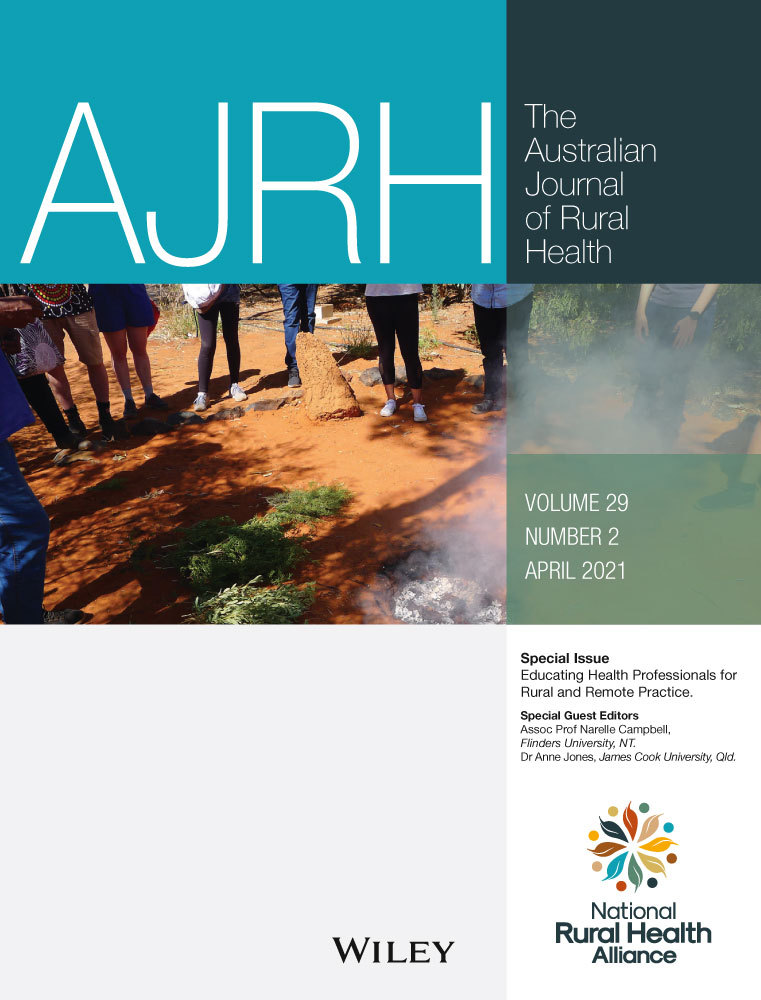Delivering introductory physiotherapy clinical placements incorporating simulated learning experiences in rural settings
Abstract
Objective
To investigate the delivery, in rural settings, of introductory physiotherapy clinical placements incorporating simulation and describe the impact of these placements on the uptake of longer-term rural immersion opportunities.
Design
Retrospective cohort design.
Setting
The University of Newcastle and the University of Newcastle Department of Rural Health (UONDRH), New South Wales, Australia.
Participants
Data from undergraduate physiotherapy students were included.
Intervention
Second-year University of Newcastle physiotherapy students undertake an introductory placement which includes one week of simulated learning followed by a two-week traditional health care placement. Supervisor training and active promotion of placements were undertaken to increase the capacity of rural sites to deliver these placements, including both simulation and immersion components.
Main outcome measure(s)
Data relating to numbers of students undertaking introductory placements and final-year rural immersion experiences in the UONDRH between 2012 and 2020 were described. A simple review of the placement strategy was also undertaken.
Results
Introductory placements incorporating simulation were successfully implemented in the UONDRH settings and have continued annually. Physiotherapy staff in the UONDRH have been upskilled and have supported local clinicians to increase their supervisory capacity. The proportion of students undertaking introductory placements supported by the UONDRH has increased considerably as has the number of students completing full-year rural immersion experiences in the UONDRH.
Conclusions
Delivering introductory physiotherapy placements incorporating simulation in rural settings was feasible and this strategy leads to increased placement capacity. Early rural clinical placement opportunities can increase students’ uptake of longer-term rural immersion experiences which, in turn, can positively influence rural practice intentions.




